
Ivan Sergeyevich Aksakov was a Russian littérateur and notable Slavophile.

Vasilisa Melentyeva was the legendary or real sixth wife of Ivan the Terrible. The marriage may have been celebrated in 1575 or she was simply a concubine. Modern scholars now tend to consider her to be a 19th-century fraud.

Kirill Antonovich Gorbunov was a Russian portrait painter and lithographer.
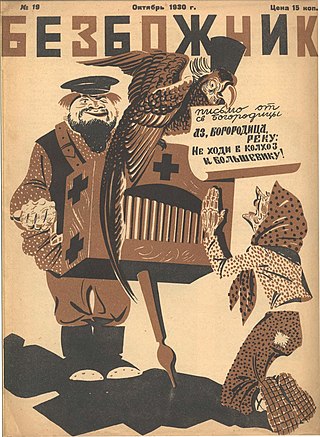
Bezbozhnik was an illustrated magazine, an organ of the Centre Soviet and Moscow Oblast Soviet of the League of the Militant Godless.

Andrey Nikolayevich Beketov was a prominent Russian Imperial botanist, an Honourable member of the Saint Petersburg Academy of Sciences.

Evgeny Vasilyevich Anichkov was a Russian literary critic and historian who specialised in the Slavic folklore and mythology, as well as their relation to and use in the Russian literature.

Apollon Apollonovich Korinfsky was a Russian poet, journalist, writer, translator and memoirist.

Russkaya Rech was a Russian quarterly political and literary magazine published in Saint Petersburg in 1879–1882 by the poet, novelist and playwright Alexander Navrotsky, who was also its editor-in-chief.

Viktor Viktorovich Bilibin was a Russian writer and playwright, one of the leading Russian humourists and satirists of the late 19th century, who used the pen name I. Grek. His best-known stories were collected in the books Love and Laughter, Humour and Fantasy and Humorous Patterns. After Nikolai Leykin's death he became the editor-in-chief of Oskolki (1906—1908).
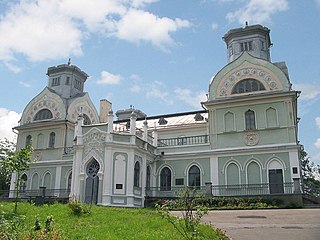
The Lopukhin family was a noble family of the Russian Empire, forming one of the branches of the Sorokoumov-Glebov family.

Vasily Ivanovich Vodovozov was a Saint-Petersburg-born Russian children's writer, poet, pedagogue, educational theorist and translator. Elizaveta Vodovozova (1884–1923), also a children's writer, was his wife.
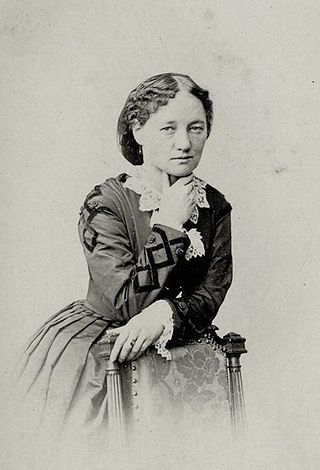
Anna Feodorovna Tyutcheva was a Russian Empire courtier, slavophile and memoirist.
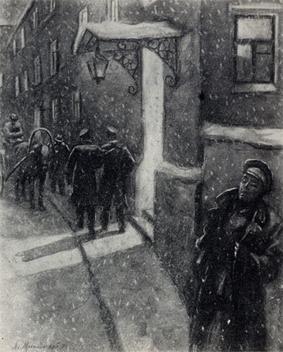
"A Nervous Breakdown" is an 1889 short story by Anton Chekhov.
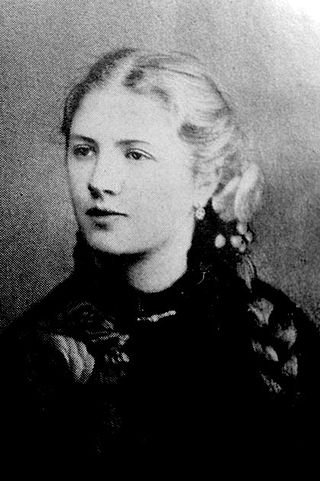
Lydia Alexeyevna Avilova was a Russian writer and memoirist, best known for her book A.P. Chekhov in My Life, published posthumously in 1947.

Evgeny Petrovich Goslavsky was a Russian writer, playwright and poet.
Fedor Maksimovich Putintsev was a Soviet propagandist of atheism and a scientific worker in the study of problems of religion and atheism. He was also a journalist and writer.

Ivan Ivanovich Gorbunov-Posadov was a Russian, Soviet writer, poet, editor and publisher.

Nadezhda Nikolayevna Bromley was a Russian and Soviet actress, theatre director, poet, short story writer and playwright. In 1932, she was honored as the Meritorious Artist of RSFSR.
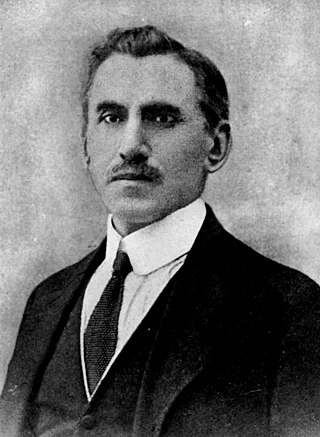
Ivan Shishmanov was a Bulgarian writer, ethnographer, politician and diplomat. He served as Ambassador of Bulgaria to the Ukrainian State and the Ukrainian People's Republic.
Agniya Aleksandrovna Kuznetsova was Russian Soviet children's writer.


















